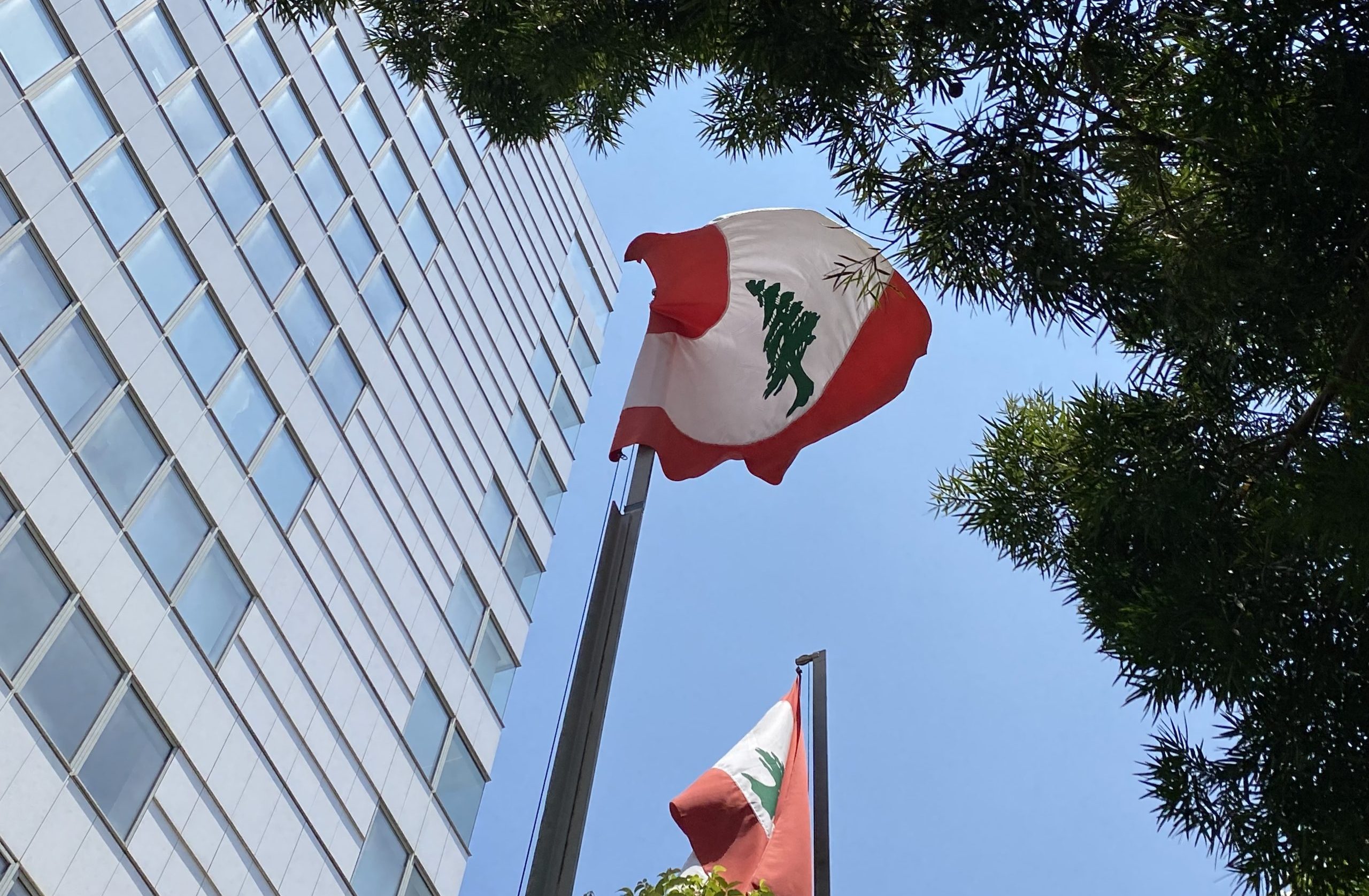Lebanon witnesses frequent power outages as a result of what many have cited as decades of poor energy decisions by state electricity company Electricite du Liban.
The Qatar Fund for Development delivered the sixth and final batch of diesel and mazut to Lebanon on Sunday under a $30 million agreement signed between Doha and Beirut last year, the Qatari entity confirmed in a statement.
The Gulf state delivered the fuel to the Lebanese Army under its commitment to support the country as it grapples with an economic crisis, its worst in decades. Both sides had signed the agreement in August 2023, which stipulated the delivery of fuel for six months.
Such agreements fall under Qatar’s wider efforts to provide the crisis-hit country with assistance. In 2022, QFFD announced an aid package of 991,000 litres of fuel to power government-run hospitals and elderly care facilities.
In 2020, Qatar pledged $60 million in assistance to the Lebanese military.
Lebanon’s economy has been facing its worst downfall, the worst since the 1975 Lebanese civil war. The 2020 Beirut Port Explosion coupled with the COVID-19 outbreak contributed to the country’s economic crisis.
The Lebanese pound reached a record-low value in 2023, losing about 97% of its value to the U.S. dollar.
Lebanon’s parliament passed an amended budget for 2024 on January 26 that many believe did not include reforms to keep the country’s economy afloat and overcome its crisis.
Most depositors in Lebanon are still unable to access their savings, pushing more than 80% of the country’s population into poverty.
Lebanon witnesses frequent power outages as a result of what many have cited as decades of poor energy decisions by state electricity company Electricite du Liban (EDL). Most of the population had to shift to solar energy instead.
Last year, Human Rights Watch issued a report detailing Lebanon’s mismanagement of the electricity sector, saying the crisis “is leaving people in the dark and dramatically reducing people’s access to critical rights.”
The Lebanese population has long pointed to the ruling elite as being behind the country’s current state and protests since 2019 have called for political reform in Lebanon. Reform has been a demand by the International Monetary Fund to provide Lebanon with a $3 billion aid package.
Meanwhile, queues at petrol stations in Lebanon extended after fuel-importing companies decided to halt importing and delivering petroleum following a provision in the 2024 budget.
The budget imposes a 10% exceptional tax on “institutions and merchants, including fuel-importing companies, who benefited from subsidies exceeding $10,000 provided by the Central Bank,” as cited by Arab News.
The decision angered the population and led to a strike would would last until February 9 by public-sector employees.
On a political front, Lebanon has been without a president since former president Michel Aoun left office in October 2022. The country has since failed to elect a president at least 12 times.
A Quintet Group — Qatar, Saudi Arabia, Egypt, the United States, and France — held regular meetings in hopes of filling the presidency seat. The group held their first meeting in Paris in February last year under an initiative led by French Presidential Envoy for Lebanon Jean-Yves Le Drian.
Lebanon’s political impasse comes at a critical time as the south continues to be a tension zone between Hezbollah and Israel.
Israeli occupation forces have killed more than 158 people in Lebanon, including journalists, since the beginning of the flare-up on October 7, 2023, according to the Lebanese health ministry.
The failure to elect a president is due to a deep political divide that widened after the 1975 civil war. At the time, various Lebanese sides engaged in a bloody civil war that lasted for 15 years, ending with the help of the 1989 Taif Agreement, negotiated in Saudi Arabia at the time.







